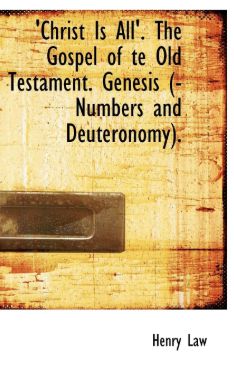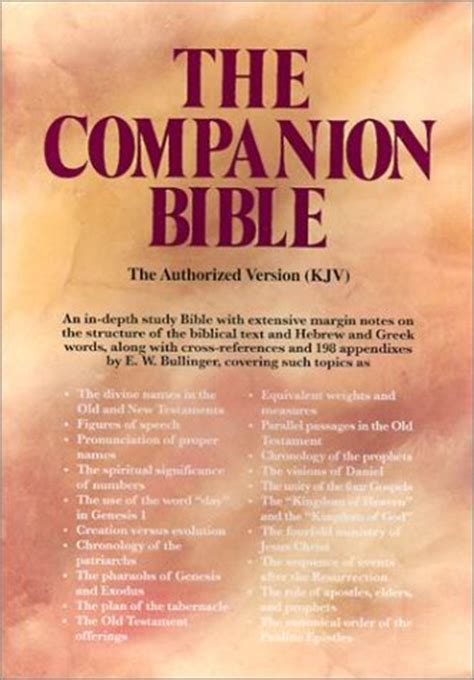Tag: dn
Hodge – Commentary on Romans, Ephesians and First Corinthians
Hodge – Commentary on on Romans, Ephesians and First Corinthians
Read MoreHaydock Catholic Commentary
Haydock Catholic Commentary following the Douay-Rheims Bible text, was
originally compiled by Catholic priest and biblical scholar Rev. George Leo Haydock (1774-1849).
This transcription is based on Haydock’s notes as they appear in the 1859 edition of Haydock’s
Catholic Family Bible and Commentary printed by Edward Dunigan and Brother, New York, New York.
Harrison – His Side versus Our Side
His Side versus Our Side by Norman Harrison is a commentary on Galatians
Read MorePink A-Gleanings in Genesis (Baptist)
Gleanings in Genesis by Arthur Pink (Baptist Reformed) is a 46 chapter work on Genesis.
Read More

Jowett Epistles of First and Second Peter
WLue777
- 0
Jowett Epistles of First and Second Peter
Read MoreHengstenberg Commentary Psalms, Ecc, Eze, John Rev (Lutheran)
Hengstenberg was a Reformed Lutheran divine that fought strongly for the inspiration of the Bible, and rejected many modernizing factors and movements in his day.
Read More
Bullinger Bible Commentary
Bullinger Bible Commentary is a brethren commentary on the whole Bible, each verse and book of the Bible has some commentary about it.
Read More